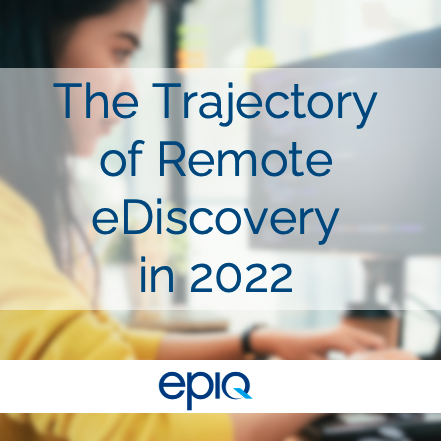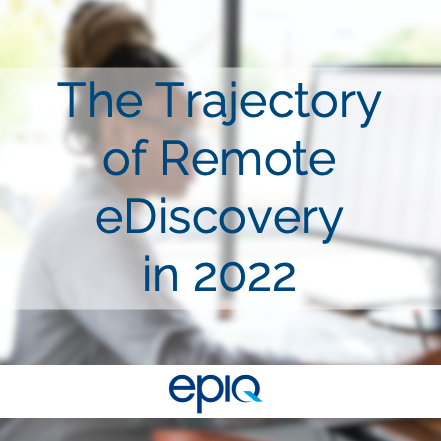Epiq Class Action Settlement Efficiency
Epiq presents a CLE-eligible webinar Wait Wait ... Don't Settle! Essential elements of effective class action settlements. When it comes to complex class action litigation, once the hard work is done – litigation and settlement – more hard work begins – administering it. But is the deal really ready? After years of arduous proceedings, discovery, motions, appeals, hearings, negotiations, and more, the scope and structure of your settlement has been drafted. Everyone is in agreement. The hard work of the courts, the attorneys, the legal teams, and the litigants is complete. Now it's time to administer the settlement. Send out notices. Cut the checks. Get people paid. Boom! Sit back and relax. Get a claims administrator to take it from there. But wait … you find out that the terms of the agreement, the promises made, the budget established, and the deadlines calendared are not only inefficient, they are completely unworkable. Now the settlement is in jeopardy. The clients are frustrated. The court is frustrated. And you have a headache. That is a situation you, as a class action attorney, never want to find yourself in. The best way to avoid this quagmire is for attorneys to work with a professional and experienced claims administrator before you agree on settlement terms, someone who has been to this rodeo [...]





